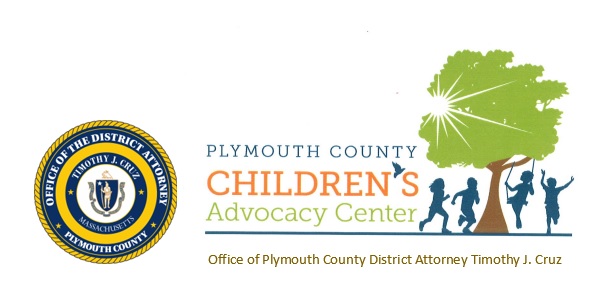The goal of a forensic interview is to obtain a statement from a child who may have been abused. The interview is conducted in a developmentally-sensitive, unbiased, and truth seeking manner that will support accurate and fair decision making in the criminal justice and child welfare systems.
Through a series of non-leading questions, the interviewer assesses the child’s developmental, emotional, and communication skills. The interview is conducted at a level that is consistent with the child’s developmental abilities.
Three Purposes of Forensic Interviewing:
-
To minimize the trauma of investigation for the child.
Because the child must talk with strangers and may describe extensive details, the investigation can be upsetting. Trauma is minimized by decreasing the number of times the child is interviewed, and by providing a sensitive and knowledgeable interviewer.
-
To maintain the integrity of the investigation process.
The goal of the forensic interview is to provide information for decision making in three areas: child protection, law enforcement, and supportive services. As a result, the information gathered is sensitive to the form of permissible questioning in each area.
-
To minimize contamination of the child’s memory of the event(s).
The interviewer utilizes techniques that elicit correct information and avoids questions that might lead, influence, change, or contaminate the child’s memory of the event(s).
 The Multi-
The Multi-
Disciplinary Team:
As needed, representatives from the agencies responsible for investigating allegations of child abuse observe the interview, conducted by a Forensic Child Interview Specialist, on closed-circuit television. Representatives from the agencies responsible for investigating allegations of child abuse observe the interview, conducted by a Forensic Child Interviewer, to be observed by the MDT in a different room on closed-circuit television. These representatives include: local and/or State Police, a Victim Witness Advocate from the District Attorney’s office, an Assistant District Attorney, and a Pediatric SANE nurse from the Department of Mental Health. In some cases, there may be an investigator from the Department of Children and Families, the Disabled Persons Protection Commission, the FBI or HIS.
Training and Qualifications for Forensic Interviewers:
Forensic interviewers must have a minimum of a Bachelor’s degree in the human service field, criminal justice, or law. They have several years of experience working with abused children and adolescents. Forensic interviewers are specially trained and experienced in speaking with children about difficult topics without causing further trauma. They undergo extensive, continual training to be able to gather information from children in a neutral and fact-finding manner that is also developmentally and culturally appropriate and legally sound. Forensic interviewers must have a minimum of a Bachelor’s degree in social work, psychology, human services, criminal justice or a related field.
New interviewers undergo intensive training and a continuous peer review process.
